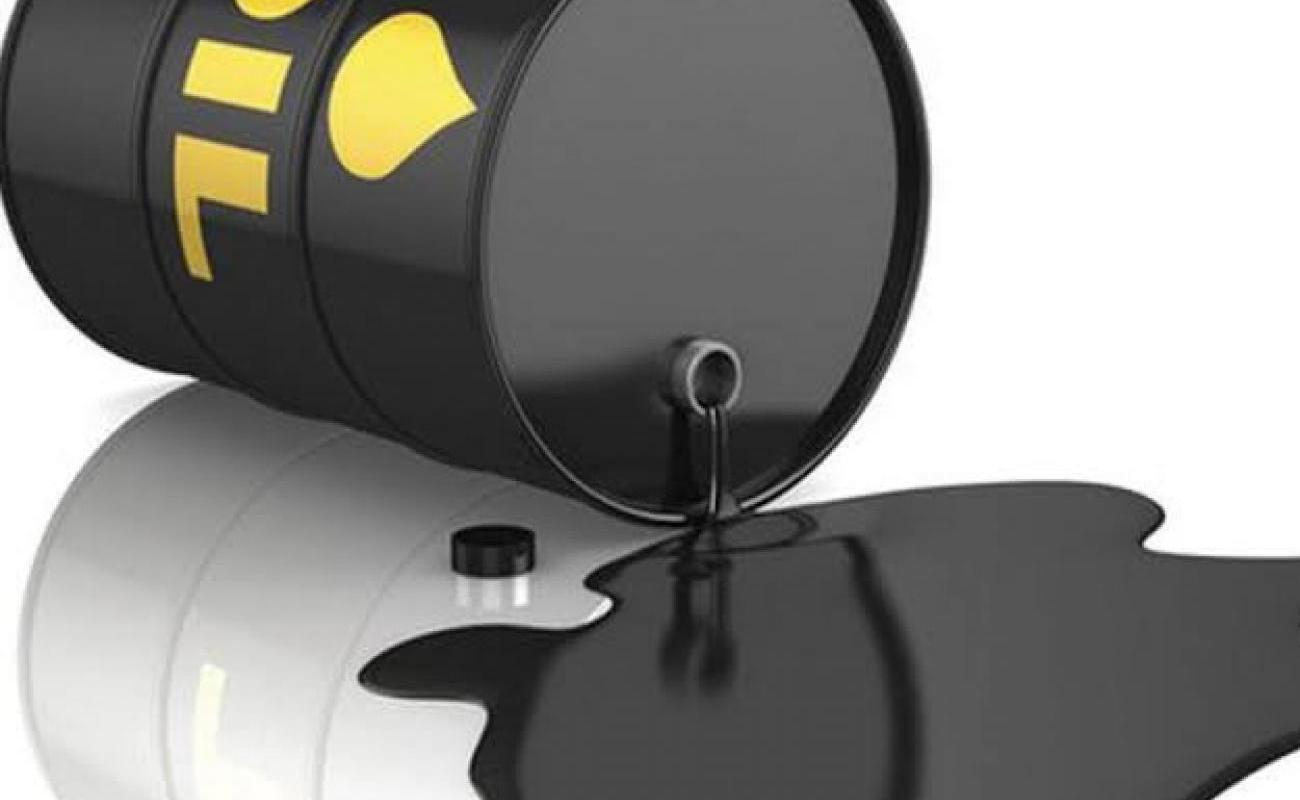Trump goes there Lukoil and Rosneft account for half of Russia’s oil exports. Now both are under U.S. sanctions.

1
A long-awaited first
The U.S. and the European Union have jointly imposed sanctions targeting Russia’s two largest oil companies — the first such move since Donald Trump returned to the White House. On Wednesday, the U.S. president changed tack from previous days and opted to take a harder line with Moscow, canceling a planned meeting with Vladimir Putin in Budapest and approving sanctions Washington had long threatened to enact.
The new restrictions on Lukoil and Rosneft, Russia’s largest oil exporters, apply not only to the parent companies but also to 34 of their subsidiaries. U.S. secondary sanctions now threaten any trading partners doing business with these entities, unless they wind down operations within a month. This secondary sanctions threat may pose an even greater risk to Russia than the blacklisting of the companies themselves.
U.S. Treasury Secretary Scott Bessent urged America’s partners to join in the sanctions to increase their effectiveness, and the E.U. responded swiftly. Within hours of the U.S. announcement, Lukoil and Rosneft were included in Brussels’s 19th sanctions package against Russia. The E.U. promised to tighten restrictions on the state-owned Rosneft, while Lukoil was blacklisted along with its Dubai-based trading arm, Litasco Middle East DMCC, which European officials say manages many of the tankers in the “shadow fleet” of ships illegally transporting sanctioned Russian oil.
So what? There have been plenty of sanctions before, and Russia always manages to dodge them.
That’s true. But it’s also true that relations between Russia and the West are at a new turning point. For almost a year, Trump held off on imposing new sanctions against Russia, hoping to convince Putin to agree to a peace deal with Ukraine or at least to a temporary ceasefire along the front line. For a moment, it seemed that the two leaders’ recent phone conversation and plans to meet in Hungary were signs that the U.S. president’s peace efforts would continue. Instead, Trump abruptly changed course and took actions that Kyiv and its European partners had long advocated for.
Our only hope is you. Support Meduza before it’s too late.
The U.S. sanctions against Lukoil and Rosneft are a major decision that could have potentially far-reaching effects on the global oil market. It’s telling that even Joe Biden’s administration, which was less inclined toward contact with the Kremlin, hadn’t dared to impose such measures. The announcement itself sent immediate ripples through the markets: Brent crude prices jumped nearly four percent, to $65 a barrel. As The Bell pointed out, Lukoil and Rosneft account for nearly half of Russia’s raw material exports. Sanctions against them create a domino effect that primarily threatens major buyers — namely China and India.
Does the U.S. really have that much leverage over Beijing and New Delhi?
Judging by initial reactions, they do. The U.S. sanctions are “sending shockwaves deep into the heart of China’s oil industry,” Bloomberg reported on Thursday, citing its industry sources. Russia currently supplies up to 20 percent of China’s crude oil imports, of which Lukoil and Rosneft account for about a quarter. Many state-owned and private enterprises rely on processing this crude, and they are integrated into the global financial system.
The risk of secondary sanctions means these companies could be cut off from Western banking services, lose access to the dollar, and see their dealings with American and European traders, shippers, and insurers frozen. According to Bloomberg’s sources, Chinese companies’ involvement in projects in the Middle East and Africa depend heavily on such service providers.
At least in some cases, Beijing will likely have to weigh the benefits of cheap Russian oil against maintaining its stake in joint ventures with the West. For instance, refineries in the northern city of Daqing depend on Russian crude — specifically ESPO-grade oil delivered via pipeline under a long-term agreement between Rosneft and the state-owned China National Petroleum Corporation. That said, the intergovernmental nature of the project might offer some protection for these supplies, which total around 800,000 barrels per day.
Sign up for Meduza’s daily newsletter
A digest of Russia’s investigative reports and news analysis. If it matters, we summarize it.
What if China just ignores the U.S. sanctions?
That’s certainly possible. Experts don’t rule out that these new sanctions could become another “paper tiger,” as Trump likes to say, with little real impact on Russian exports. Moscow has already proven its ability to sidestep restrictions by building alternative financial networks and shipping crude via its “shadow fleet.”
